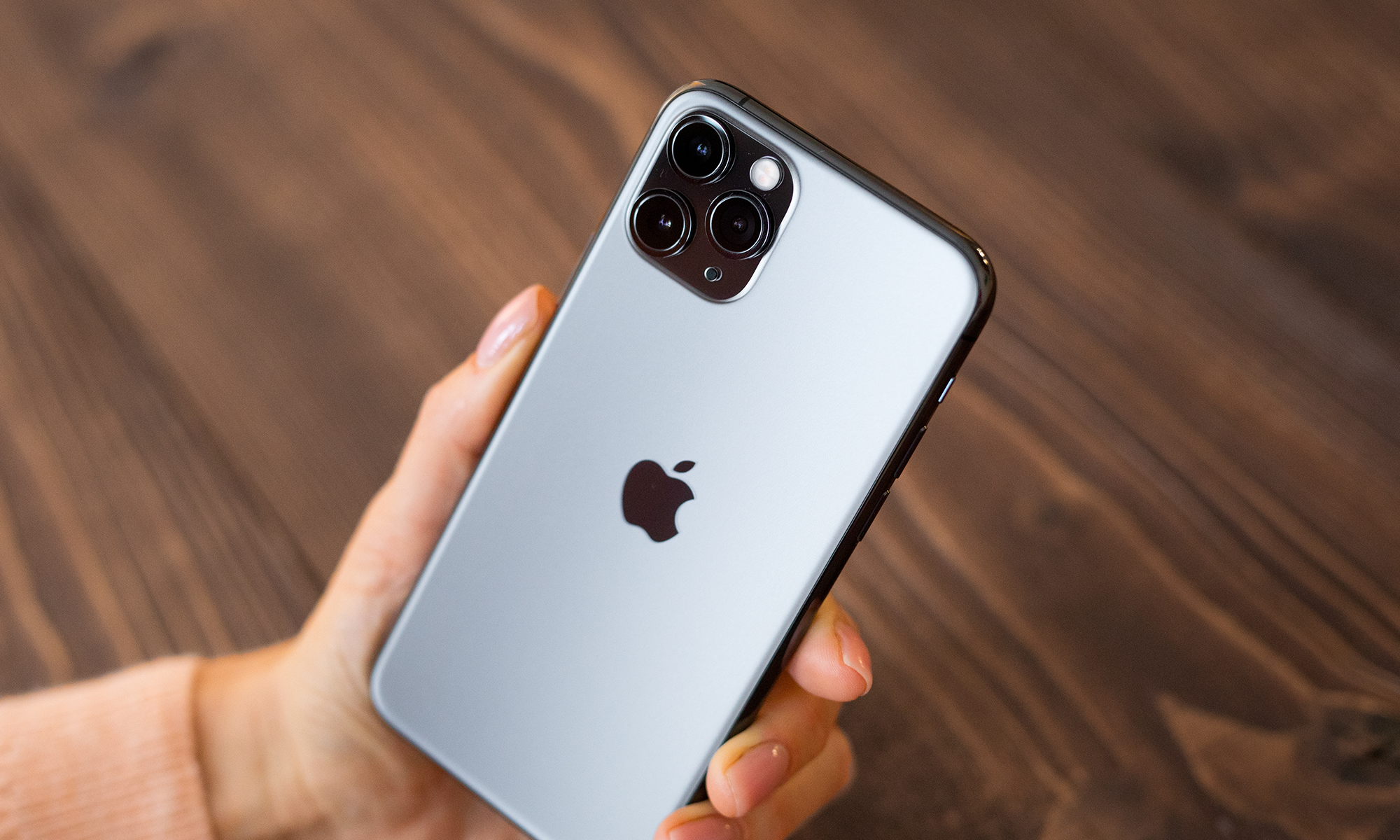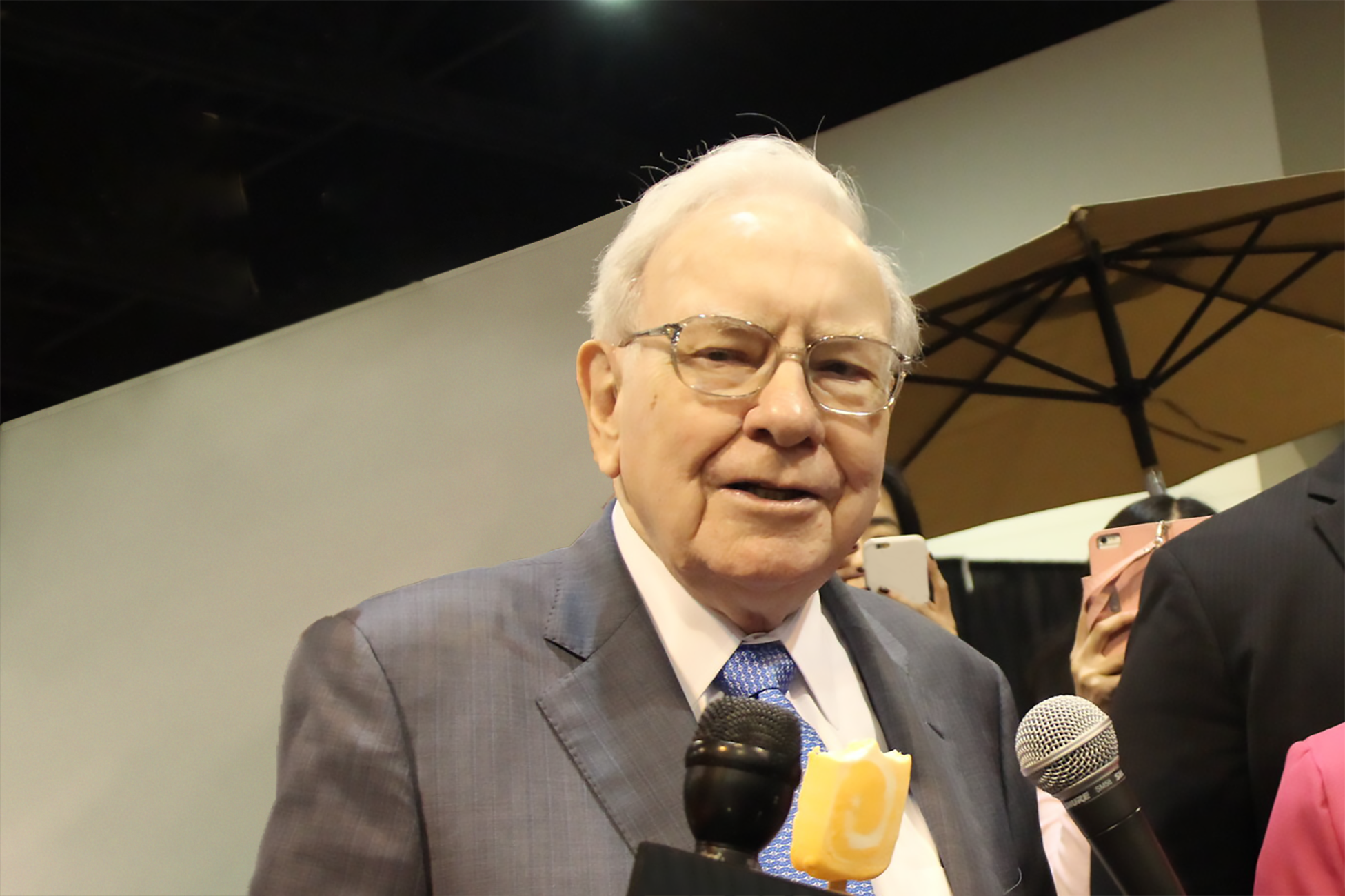Much time and energy is spent trying to decipher the global ballet that is Apple's (AAPL +2.97%) supply chain. The Mac maker has unrivaled sway in just about every component market that it participates in. For example, Apple is the largest buyer of NAND flash memory in the world, which it uses extensively in iDevices and has begun incorporating in Macs to a larger extent.
Much of Apple's supply chain prowess is directly attributed to CEO Tim Cook, but according to one of his predecessors, Apple needs to "dramatically rethink the supply chain."
Who said that?
We're talking about none other than Apple ex-CEO John Sculley, who recently discussed the iPhone maker's prospects in an interview with Bloomberg. Of course, Sculley was the man who famously ousted Steve Jobs in 1985 from the company he founded.
Sculley gives Cook plenty of credit for his supply chain accomplishments thus far, calling him the "world's greatest expert on supply chain," and expressed confidence that Cook is indeed the right man for the job. Still, as smartphone competition intensifies in emerging markets, Sculley thinks that Apple needs to reconsider "how you can build these products and do it profitably" since prices are lower in those markets.
Is Sculley right? Does Apple's supply chain need an overhaul?
In Cook we trust
The first thing to remember is that Apple canned Sculley nearly two decades ago in 1993, because Apple wasn't doing so hot on his watch and its product lineup was a mess. Sculley was tapped in the first place for his prior marketing accomplishments, but was widely considered a terrible fit for a fast-paced technology company.
In 2009, Portfolio magazine (which has since been shuttered) assigned him the unflattering title of 14th worst American CEO of all time. I'm not so sure I value his assessment that Apple's supply chain needs some improvement, especially over Tim Cook, whose supply chain abilities I trust quite a lot.
Sculley does deserve some credit, though. It was his vision to create the Knowledge Navigator mockup video that Apple created in 1987 that is eerily prescient of what Siri aspires to be. The Newton PDA, which was developmentally the predecessor to the iPad, was also his pet project. Sculley definitely had some good ideas, even if he wasn't able to execute them particularly well.
The wild card
As far as competing in emerging markets goes, Apple definitely needs to shift its focus abroad. Sculley believes this will be a challenge for Apple, as smartphone prices decline from $500 to $100; consumers in developing nations can't afford such premium price points.
On the other hand, Sculley fails to draw an important distinction: the subsidy model. Retail prices are effectively hidden from the consumer in the subsidy model, and consumers have voted overwhelming in favor of the practice. But not all markets are created equal, and some countries don't use the subsidy model.
In countries where the subsidy model is prevalent, Apple can finagle its hefty payments from carriers so long as it's able to drive consumer demand for the iPhone. The countries that don't utilize subsidies are where Apple definitely has its work cut out. If you look at the BRIC nations, only one of them currently uses the subsidy model. Fortunately, it's also Apple's greatest growth frontier: China.
China Unicom and China Telecom both subsidize iPhone sales, and subsidy negotiations are likely the biggest hurdle to the inevitable deal with China Mobile. Subsidized smartphone sales were recently deemed "tie-in" sales in Brazil, which are illegal. Indian carriers also aren't keen on covering most of the up-front costs in exchange for service contracts.
Most Russian consumers aren't willing to sign up for service contracts, either, so most smartphone sales in the country are unsubsidized. Russia's largest carrier, Mobile TeleSystems (MBT +0.00%), isn't a big fan of the iPhone anymore, even though it has offered the device before. MTS started carrying the iPhone 3G way back in 2008, along with updated models over the years. The carrier has decided not to carry the newest iPhone 5, likely due to pricing hurdles. Last summer, an MTS exec characterized Apple as a "dictatorship" due to its firm pricing policies.
Until then
The validity of Sculley's concerns over smartphone pricing in emerging markets also depends on if and when some of these markets adopt the subsidy model. In the meantime, launching a lower-cost iPhone would be the right move for Apple to crack emerging markets, and investors should have little doubt that Apple will be able to do it profitably, as it has such a superior cost structure.






